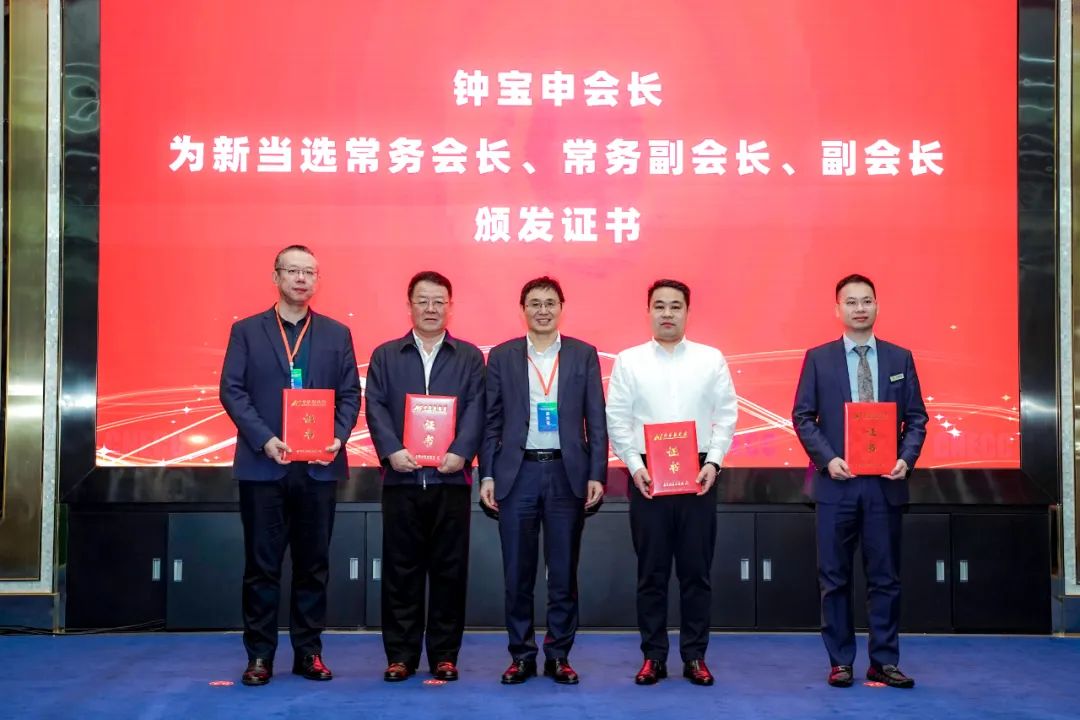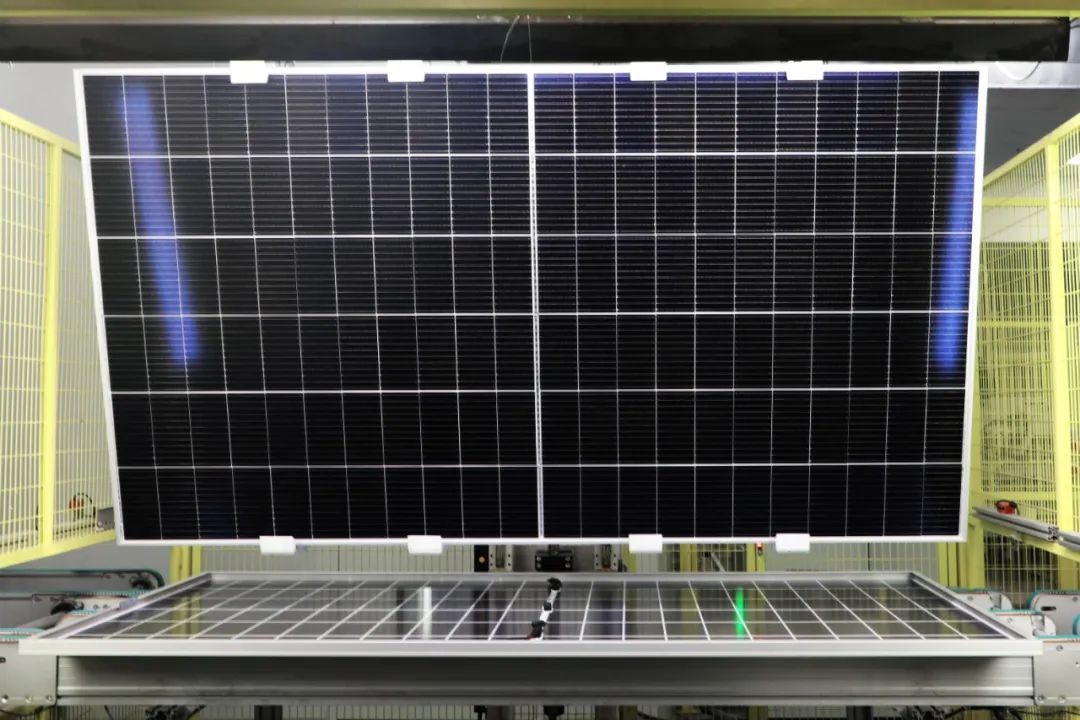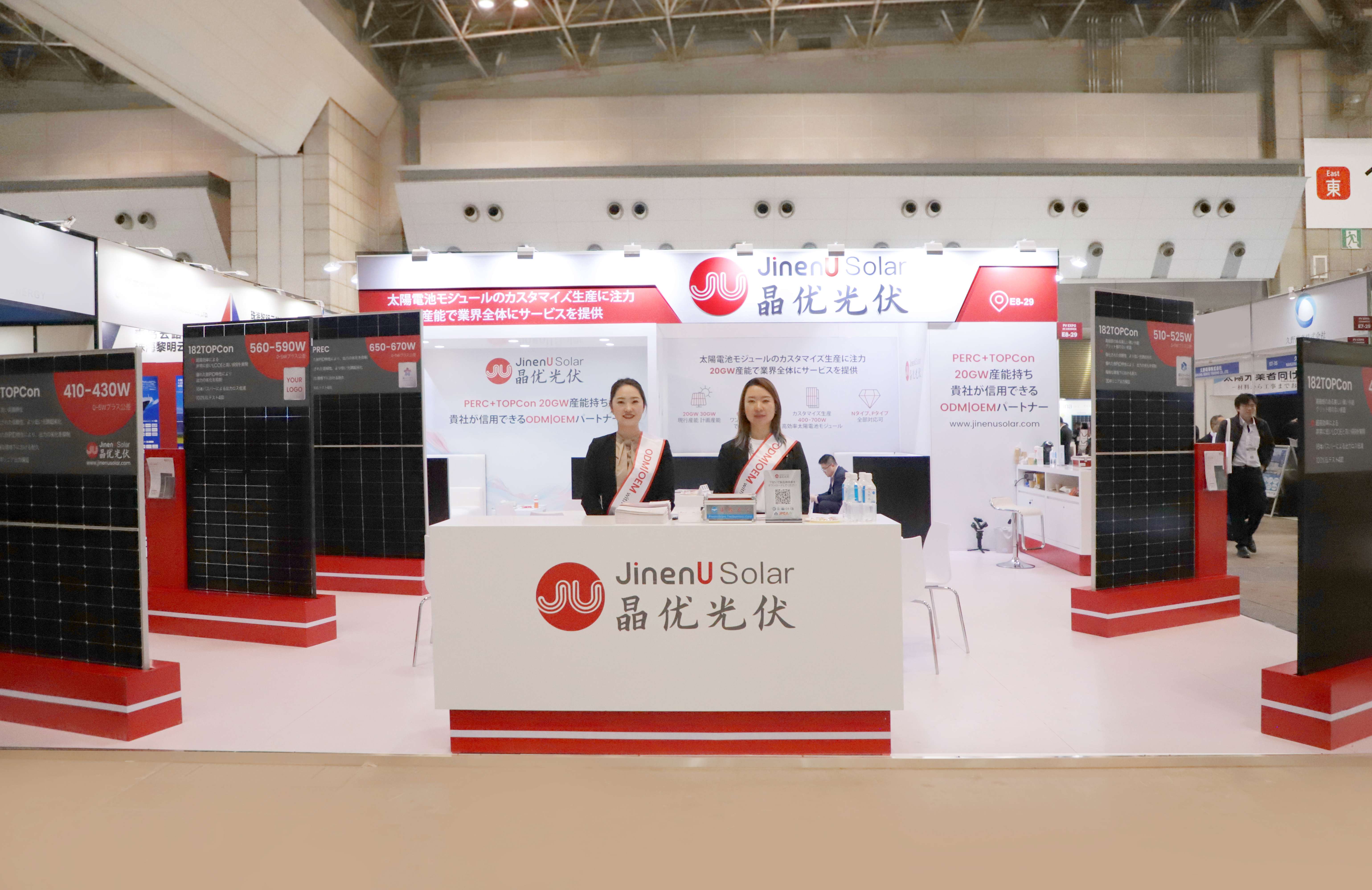Agro-photovoltaic complementation, also known as photovoltaic agriculture, takes advantage of the pollution-free and zero-emission nature of solar photovoltaic power to create optimal growth conditions for crops, edible fungi, and livestock breeding.
Solar panels have a certain shading effect, and each greenhouse can be designed with different installation capacities according to the light requirements of different crops, to meet the needs of plant photosynthesis. Photovoltaic modules can also block some ultraviolet rays and reflect the blue-violet light needed for insect breeding, improving the quality and yield of crops. In addition, by implementing the "agro-photovoltaic complementation" project, farmers not only receive rental income from the transfer of land, but the photovoltaic project companies can also provide more job opportunities for local farmers.
Since the beginning of this century, the development of photovoltaic agriculture has been rapid, especially in European and American countries. Israel, as a modern agricultural powerhouse, has abundant solar energy resources and vast non-arable land available for ground-mounted solar systems. Now Israel is the country with the fastest development of photovoltaic agriculture in the world.
Agricultural areas are prone to high concentrations of ammonia, which can corrode photovoltaic modules and reduce their performance and lifespan. JinenU Solar has obtained TÜV Süd certificate based on technical standards IEC 61215 and IEC 61730, as well as certificates for salt mist and ammonia resistance, and CE certificate. The ammonia certification demonstrates the quality and reliability of JinenU Solar's customized modules in high humidity and high concentration ammonia environments.
JinenU Solar has fully commissioned 10GW of module capacity, located in Zibo, Taizhou, and Tai'an. By the end of this year, the capacity will reach 20GW, and in the first half of 2024, all nine bases will be put into operation, with a production capacity of 30GW, demonstrating JinenU Solar's confidence and determination in focusing on customized production, and continuously contributing to the photovoltaic agriculture industry with JinenU's strength.

MoreNews
-


2024-05-16
Mr. Wu Fei, Chairman of JinenU Solar Group, Elected as Vice President of All-China New Energy Chamber of Commerce -


2024-05-16
Customized Project | JinenU Solar 1GW Large-Size Rectangular 182R, 210R Project -


2024-05-16
Customized Project | Trimming up to 39 times, JinenU Solar 200.6MW high-efficiency N-type and P-type module project -


2024-03-02
ODM|OEM mode shines in Tokyo! JinenU Solar makes appearance at PV EXPO 2024. -


2023-12-08
Customized Project | JinenU Solar Micro-rectangular 78.6MW High Efficiency Module Project -


2023-10-12
Customized Project|JinenU Solar 1.6MW All-Black TOPCon Module Customization Project
If You have ODM|OEM Requirement, Please Contact Us
Our professional team will provide the satisfactory customized production proposal for you







